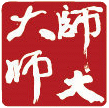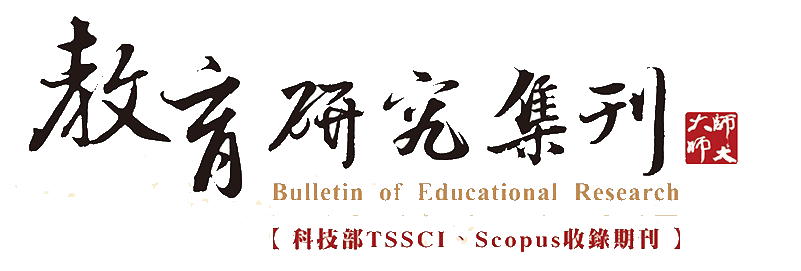| 篇名 | |
|---|---|
| 並列篇名 | The Creation of Self-life--The Ethical Thoughts of Foucault and Mencius and Their Implications to Moral Education |
| 作者 | 張鍠焜 |
| 中文摘要 | 傅柯主張人應當是倫理的主體,透過「自我的技藝」,如同藝術創作般塑造自己的生命,亦即傅柯認為人不應被動地受社會既定的倫理準則所規定,而應自主地設計、創造自己的生命型態。同樣的,儒家的孟子亦認為倫理實踐不是接受外加的規範,而是不斷地鍜鍊與擴充內在的道德情意,使自己的生命成為「道德的」。傅柯和孟子同樣主張倫理應是一種自我修養,然而孟子強調自我修養應朝向道德人格的培養;傅柯則主張應把生命型態的設定交付個人主觀決定,而未必是道德的型態,這是二者的根本差異。 |
| 英文摘要 | Foucault proposed that man should be the subject of ethics to invent the life of himself by some “technologies of the self”, as to create an artwork. Foucault argued that man ought to escape from the ethics and orders prescribed by society, and positively work out his own unique life-style. Similarly, Mencius asserted that the practice of ethics is not simply to accommodate oneself to the prescriptive norms. According to Mencius, everyone must exercise and aggrandize his moral feelings, so that he can make himself moral. Both Foucault and Mencius viewed ethical life as a kind of self-exercise. However, there is a clear distinction between their doctrines. Mencius insisted that self-exercise must be oriented to the cultivation of moral personality. For Foucault, one’s life type could be decided by himself only, and need not be moral. |
| 起訖頁 | 203-220 |
| 關鍵詞 | 傅柯、孟子、倫理、Foucault、Mencius、Ethics |
| 刊名 | 教育研究集刊 |
| 期數 | 200007 (45期) |
| 出版單位 | 國立臺灣師範大學教育學系 |
| 該期刊-上一篇 | 從多元文化教育論臺灣原住民語言教育的實踐 |








